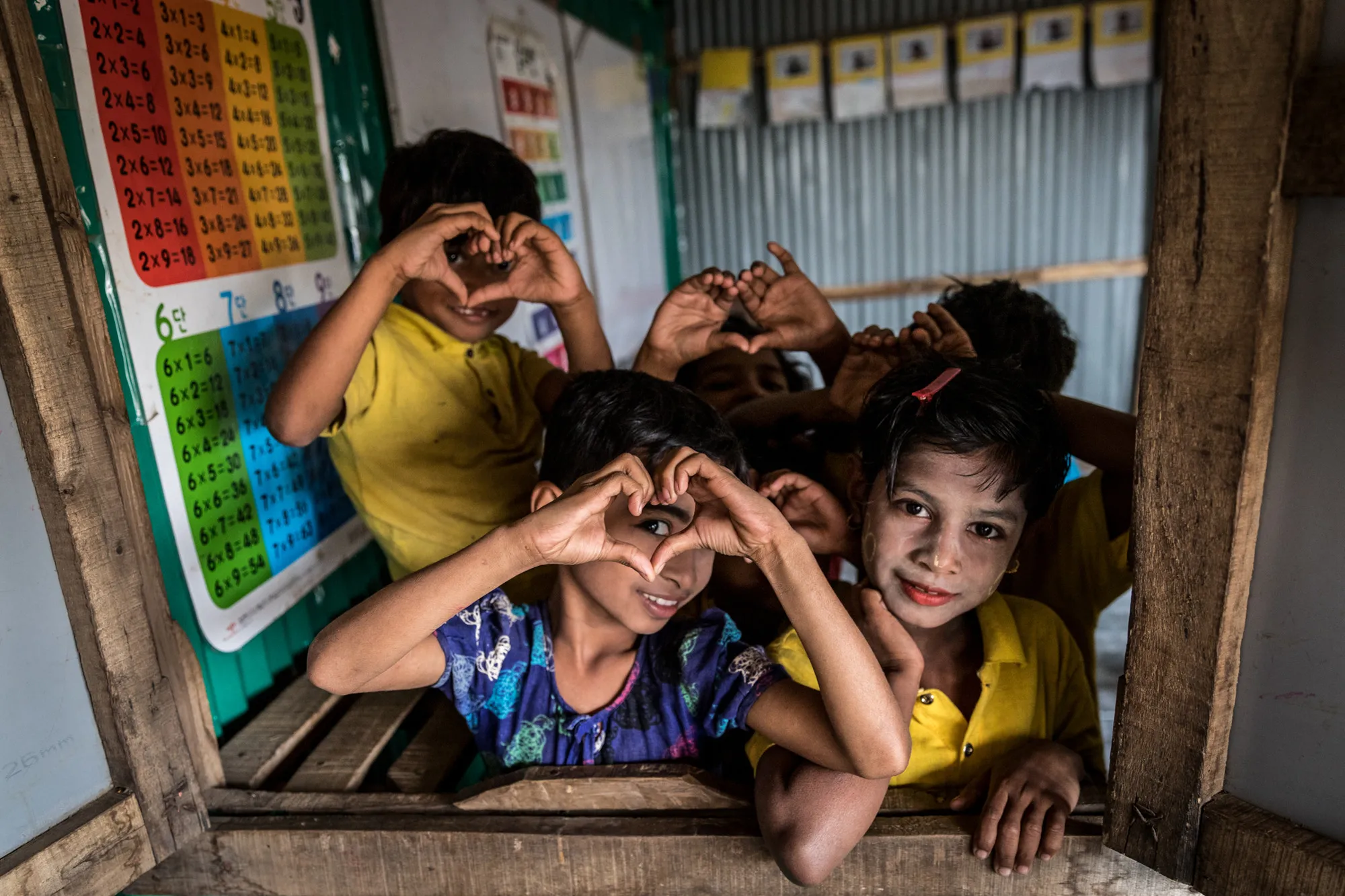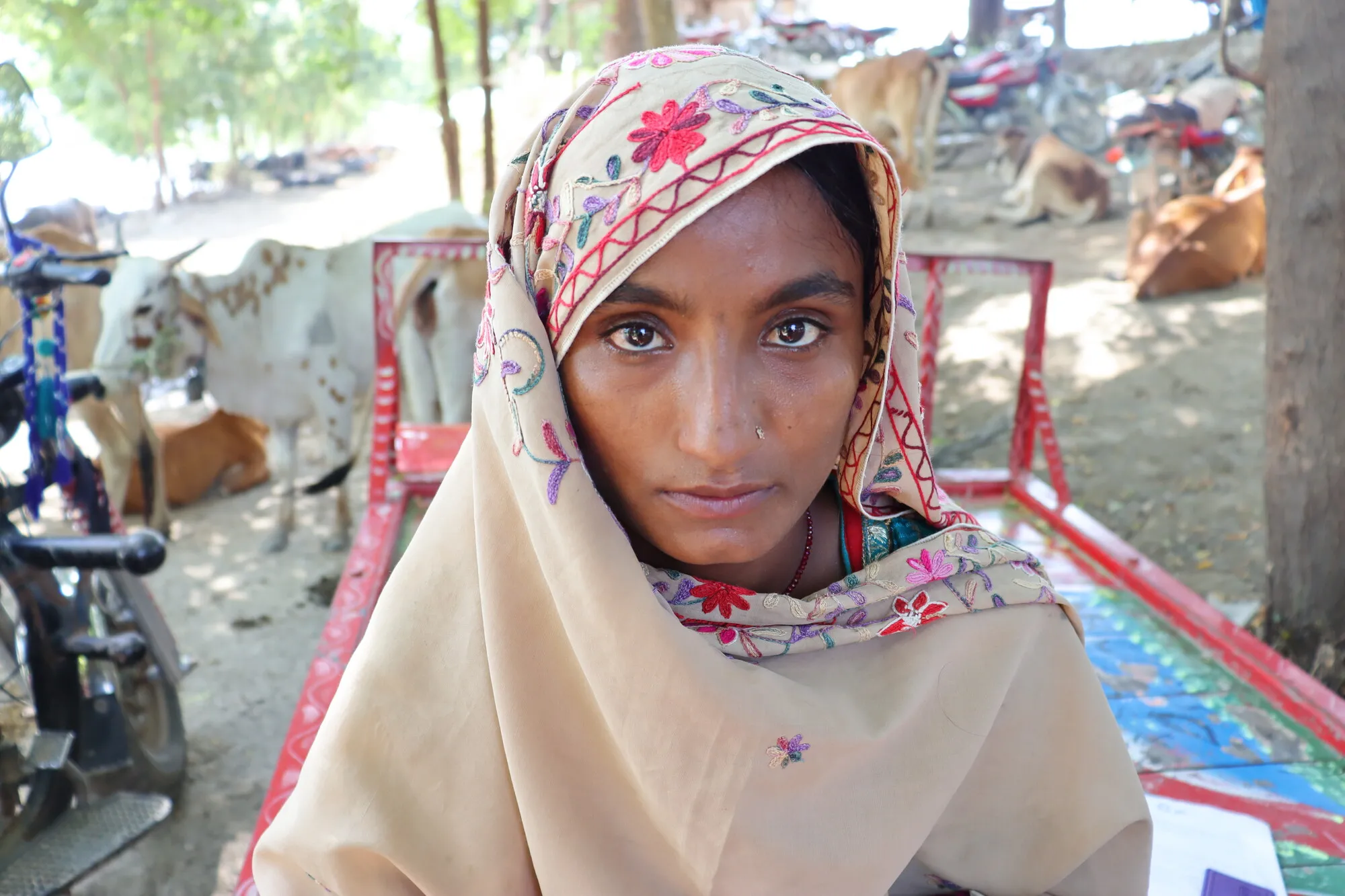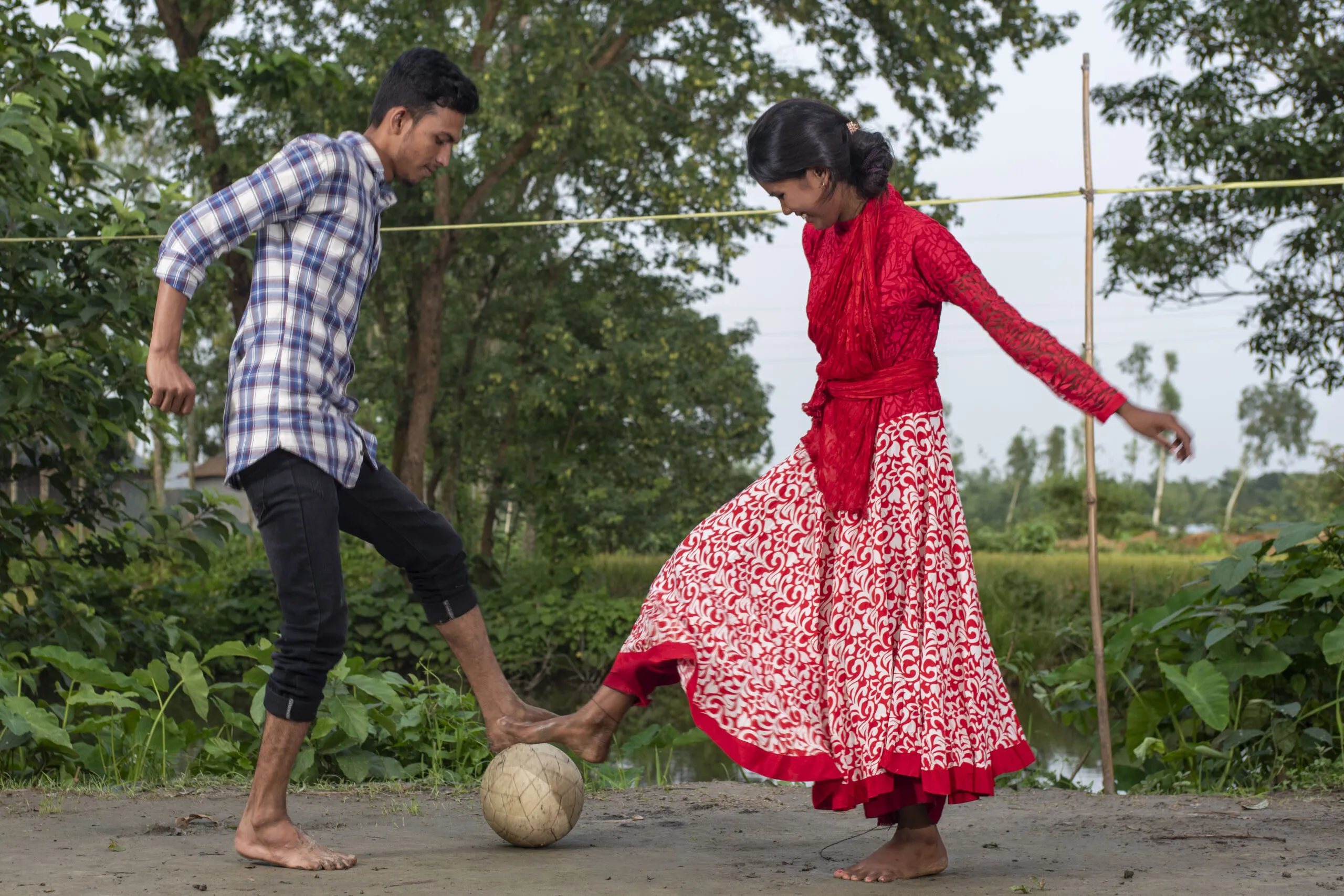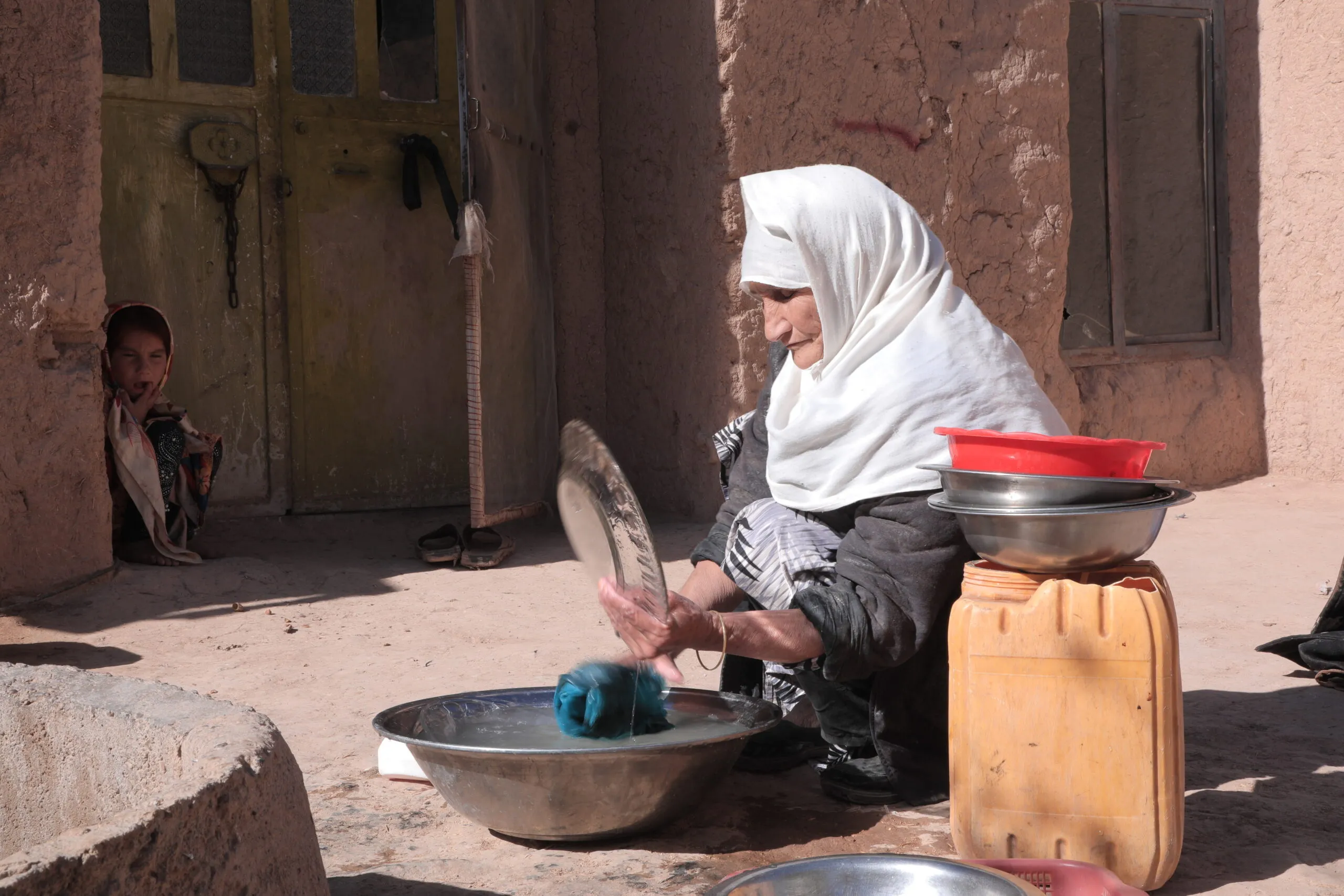The 2022 U.S. Midterm Elections come at a time of rising levels of global hunger, catastrophic climate shocks, and increased gender-based violence, all of which uniquely affect women and girls no matter where they are in the world.
Creating change for a better world – from ending global poverty to empowering women and girls – starts with elected leaders who will champion global issues in their work.
If you care about the lives of women and girls, now is the time to vote for U.S. leaders who back policies that will empower women and girls everywhere.
Politicians listen to voters, and we know that even a few voices can make a big difference. When you engage with candidates on global issues, you amplify your own voice, you send a powerful message that you are passionate about improving the lives of everyone, everywhere – and you expect your elected officials to act.
There are thousands of ways this Election Day will affect the lives of women and girls in the future, but below are the most immediate ways your vote this year can have an impact.




